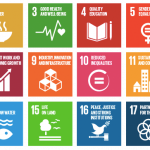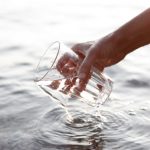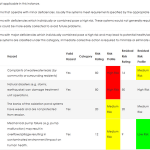Emanti assists with global reporting of South African water sector status
 Emanti have recently provided technical support to the Department of Water and Sanitation (DWS) including (i) the completion of the GLAAS 2018/2019 South Africa Country Survey, (ii) alignment of the GLAAS with other national and international reporting obligations, and (iii) consideration of South African appropriate domesticated indicators for SDG 6a and 6b.
Emanti have recently provided technical support to the Department of Water and Sanitation (DWS) including (i) the completion of the GLAAS 2018/2019 South Africa Country Survey, (ii) alignment of the GLAAS with other national and international reporting obligations, and (iii) consideration of South African appropriate domesticated indicators for SDG 6a and 6b.
The GLAAS update process is assisting DWS to identify reporting drivers, bottlenecks, and knowledge gaps. By assessing current monitoring, evaluation and reporting strengths and challenges in South Africa, it also has the potential to influence future government policy and practice.
The Global Analysis and Assessment of Sanitation and Drinking-Water (GLAAS) is a UN-Water initiative implemented by the World Health Organization (WHO). GLAAS objectives include monitoring the inputs, the enabling environment, and identifying both barriers and potential enablers. Whilst GLAAS is not meant to be an additional reporting burden on countries (rather a tool to support existing national processes) the collection of the necessary data and information across multiple role players within the South African context is a significant task. The GLAAS Focal Point for South Africa, the Department of Water and Sanitation, leads this.
 In the GLAAS 2018/2019 cycle the focus of the report is on four key areas of the enabling environment (governance, monitoring, human resources, and finance), with a special focus on national policies, plans and targets. Importantly, the GLAAS 2018/2019 country survey continues to be aligned with the SDGs, in particular with SDG 6, which is to “ensure availability and sustainable management of water and sanitation to all.”
In the GLAAS 2018/2019 cycle the focus of the report is on four key areas of the enabling environment (governance, monitoring, human resources, and finance), with a special focus on national policies, plans and targets. Importantly, the GLAAS 2018/2019 country survey continues to be aligned with the SDGs, in particular with SDG 6, which is to “ensure availability and sustainable management of water and sanitation to all.”
In addition to completion of the GLAAS survey, the project also aims to:
• Review alignment of the GLAAS survey to current national and international reporting obligations (SDGs, AMCOW, JMP, and SADC) and provide recommendations for improving South Africa’s current water sector monitoring, evaluation and reporting systems, and
• Develop innovative ways of monitoring indicators specifically with regard to SDG 6a and 6b.










